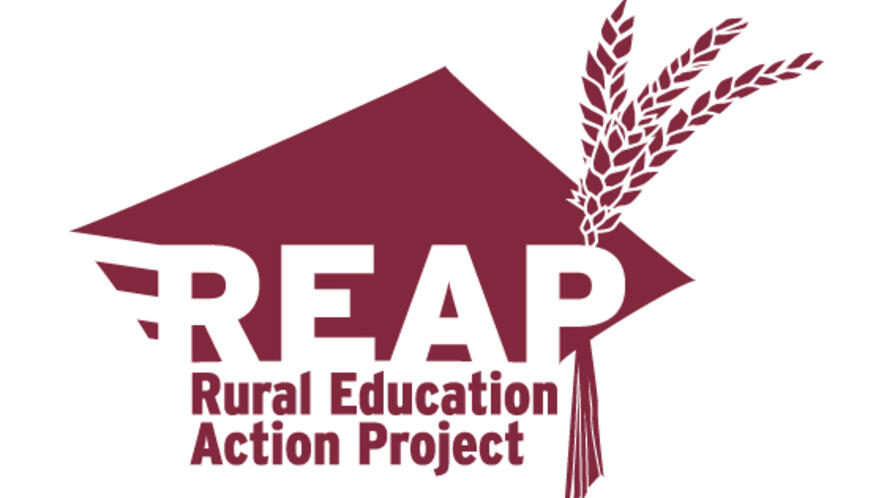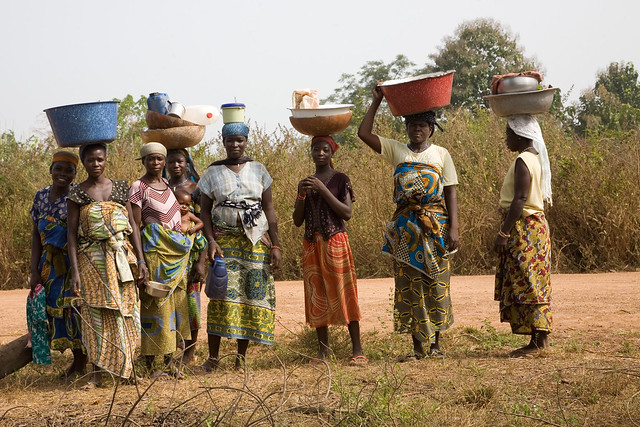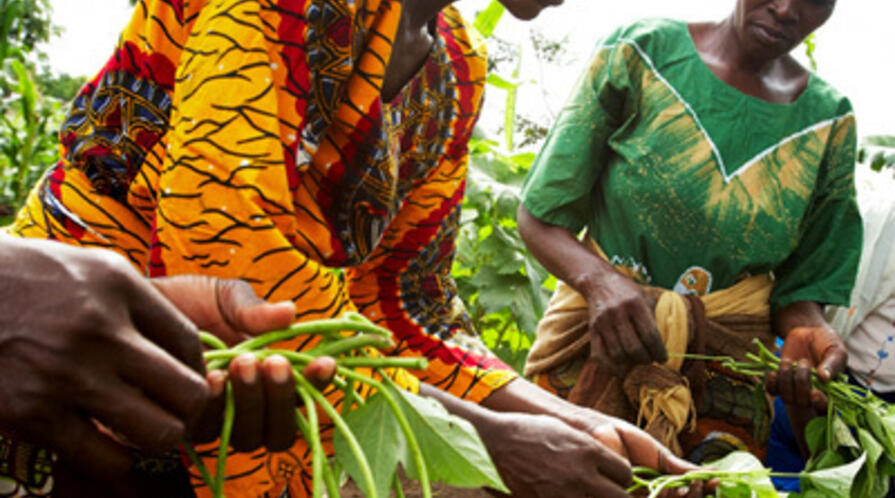February 10th marked the launch of FSE's new Global Food Policy and Food Security symposium series. The opening session featured Jeff Raikes (CEO, Bill & Melinda Gates Foundation) and Greg Page (CEO, Cargill), who presented their views on global food security and the roles of the private sector and foundation community. Stanford President John Hennessy provided the opening remarks. Click herefor a news summary of the event.
Speaker biographies
Greg Page, CEO Cargill Corporation
Greg Page serves as chairman and chief executive officer of Cargill. Cargill, a leader in agribusiness, is one of the largest privately held corporations in the world, with 131,000 employees in 66 countries, and with 2010 revenues of $108 billion. He was elected chairman of the board on Sept. 11, 2007, and CEO on June 1, 2007. He continues to hold the office of president, a position to which he was elected in June 2000. He was elected to the Cargill Board of Directors in August 2000.
Page joined Cargill in 1974 as a trainee assigned to the Feed Division. Over the years, he held a number of positions in the United States and Singapore. Page worked with the start-up of a poultry processing operation in Thailand, the beef and pork processing operations of Cargill's Excel subsidiary in Wichita, Kansas, and the Financial Markets Group in Minneapolis.
Page serves as a member of Eaton Corporation's board of directors. He serves as chair of the board of Big Brothers Big Sisters of America. Page received a bachelor's degree in economics from the University of North Dakota. He was born in Bottineau, N.D.
Corporate Responsibility at Cargill
Jeff Raikes, CEO Bill & Melinda Gates Foundation
Jeff Raikes, chief executive officer, leads the foundation's efforts to promote equity for all people around the world. He sets strategic priorities, monitors results, and facilitates relationships with key partners for all three of our program groups.
Before joining the foundation, Raikes was a member of Microsoft's senior leadership team, which sets overall strategy and direction for the company. Raikes was president of the Microsoft Business Division and oversaw the Information Worker, Server & Tools Business and Microsoft Business Solutions groups. He previously served as group vice president of the Worldwide Sales and Support Group, where he was responsible for providing strategic leadership for Microsoft's sales, marketing, and service initiatives. Before that, he served as senior vice president of Microsoft North America.
Raikes joined Microsoft in 1981 as a product manager and was instrumental in driving Microsoft's applications marketing strategy. Promoted to director of applications marketing in 1984, Raikes was the chief strategist behind the company's success in graphical applications for the Apple Macintosh and the Microsoft Windows operating system and the creation of the Microsoft Office suite of productivity applications. Before joining Microsoft, he was a software development manager at Apple Computer Inc.
Raikes, a Nebraska native, holds a Bachelor of Science degree in engineering-economic systems from Stanford University. He and his wife, Tricia, have three children. They are founders of the Raikes Foundation and are active members of the United Way of King County, where they served as co-chairs of the 2006-2007 fundraising campaign. Raikes also serves on the board of directors for Costco Wholesale Corp. and the Microsoft Alumni Foundation, where he is chair of the board.
Adding special relevance to his participation today, Raikes is an active owner of a large farming and cattle-feeding operation in Nebraska. For the last three years, he has also been a guest lecturer in Stanford's "World Food Economy" course, and he is slated to perform in that role again tomorrow.
Gates Foundation Agricultural Development Program



